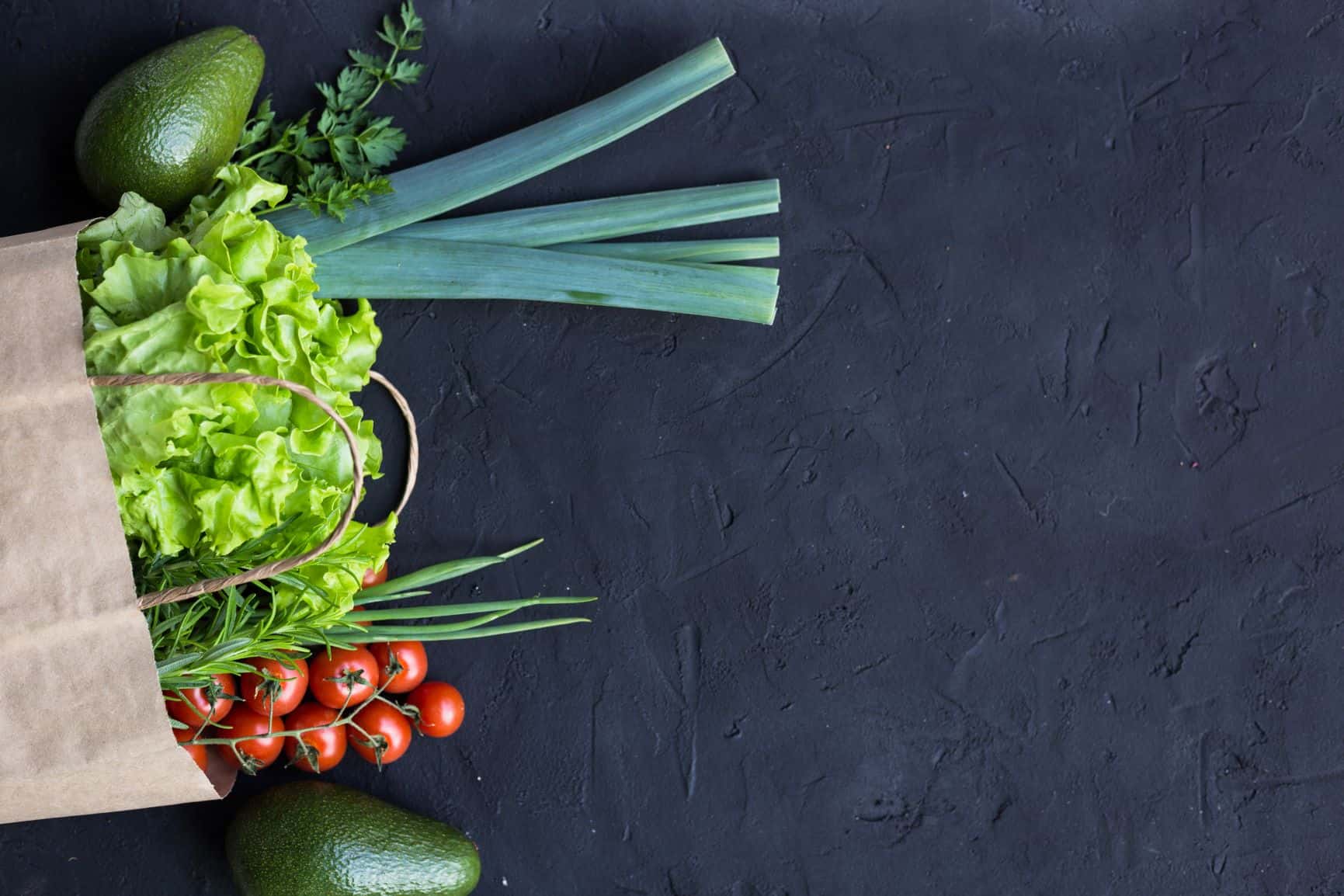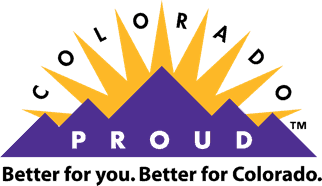Did you know that not all “meatless” foods aren’t vegan? Yes, there’s a good possibility that the “vegan” meal or snack you planned to eat might actually include animal by-products in it in the form of dyes, preservatives, or even fats.
It’s always a good idea to check the labels on the food you eat, especially when starting a vegan diet. However, sometimes food labels are confusing, or certain products appear under multiple names. This makes it hard for you to be sure you are eating a completely vegan diet, and makes planning your snacks and meals more complicated than it should be.
Let’s take a look at some of the foods and ingredients that, despite common perception, are actually not vegan-friendly.
Sugar
Some companies in the United States use bone char while processing sugar. Bone char is a black, granular material created by charring animal bones. To avoid bone char in sugar, vegans should purchase USDA certified organic sugar. Certified organic sugar does not contain bone char.
Honey
Honey is a controversial food for many vegans. Bees do produce it, and it is also a food source in the hive. Because bees produce it, and bees have died to make it, honey is not considered vegan. In addition, some beekeeping practices are controversial, such as mass production or replacing the queen bee after only a couple of years.
Bread
Some types of bread are vegan, but many are not. Most bread from the bakery contains eggs, milk, or animal fats. Bread should typically include labels that denote the ingredients and whether or not it is vegan.
Dairy-Free Creamer
Many dairy-free creamers contain sodium caseinate, a milk-based derivative. Sodium caseinate is a compound derived from casein, a protein present in the milk of mammals.
It is often used to thicken or texturize food products.
Candy
Candy includes many possible non-vegan ingredients, including sugar, honey, carmine, gelatin, shellac, and dairy. Most of these ingredients should sound familiar. Shellac is a “confectioner’s glaze” and a varnish, the same as used on floors. It comes from the exudate of the female Indian “lac” bug. Shellac resin sometimes has the color extracted for use in dyes due to its red color.
Red Colored Foods
Red artificial food coloring contains carmine, made of crushed up cochineal beetles, and aluminum or calcium salts. Many foods contain it, such as juices and candy. Carmine is also known as cochineal extract, E120, or Red 4 on ingredient lists. If you see any one of the ingredients mentioned above, the product in question is not vegan.
Nuts
Nuts are a nutritious food that many vegans eat. However, some varieties, such as Planters Dry Roasted Peanuts, contain gelatin. Gelatin is a protein that comes from collagen, a material that makes up bone, cartilage, and skin. Gelatin is most commonly known as a primary ingredient in Jello, but many companies use it to bind foods together. In the example, Planters uses it to adhere spices to their peanuts.
Cereal
Cereal is another culprit that is not always vegan. Cereal often contains milk products, sugar, food coloring (watch out for red), and shellac. Another culprit found in cereal is lanolin oil. Companies such as Kellogg’s and General Mills use it to add D3 to their cereals. Lanolin oil comes from sheep’s wool and is an animal-derived product.
Soy Products
Some soy products such as cheese, yogurt, and milk contain casein. Casein is a milk-based protein used to give dairy alternatives a similar texture to dairy products. In addition, some brands use lanolin oil to add vitamin D3. Always check the labels!
Fortified Products
Bread, cereals, and dairy-free milk often include nutrients that are part of the original product. Fortified foods are problematic for vegans. As with cereal, some fortified products contain lanolin oil to add vitamin D3. Another tricky ingredient is omega-3 fatty acids, which sometimes come from fish oils and gelatin. Read the label carefully to understand the origin of the added nutrients within the food you eat.
Bananas and Other Fruit
Fruit producers use chitosan to preserve and increase the shelf life of bananas. Chitosan is a standard coating for fruits coming from overseas. It is a natural preservative, but it does come from the crushed shells of crustaceans. It is not vegan, but advances in science offer other possible sources for this product, like fungi.
Wine and Beer
Both wine and beer often do not list ingredients on the label. Some brands of beer and wine use isinglass, a gelatin-based product made from fish, as a clarifying agent. Sometimes wineries use chitosan as a fining agent after fermenting wine. Always look for vegan-friendly labeling when making your beer and wine purchase.
Eating Vegan Doesn’t Have To Be Hard
Outrageous Baking has been crafting delicious gluten-free vegan breads as well as gluten-free / dairy-free sweet breads in Boulder, Colorado since 2006. All of our products are all free of gluten, dairy, nuts, and soy. They are free of all preservatives and additives, because we believe that the best ingredients are the wholesome, natural ones.
Our motto is ‘made with love, and it’s been the special ingredient ever since we made our first loaf of bread. Check out our website to order dry ingredients to assist you in your baking, buy our ready-baked sweet and savory breads or even search our store locator to find our goods in local markets near you!


